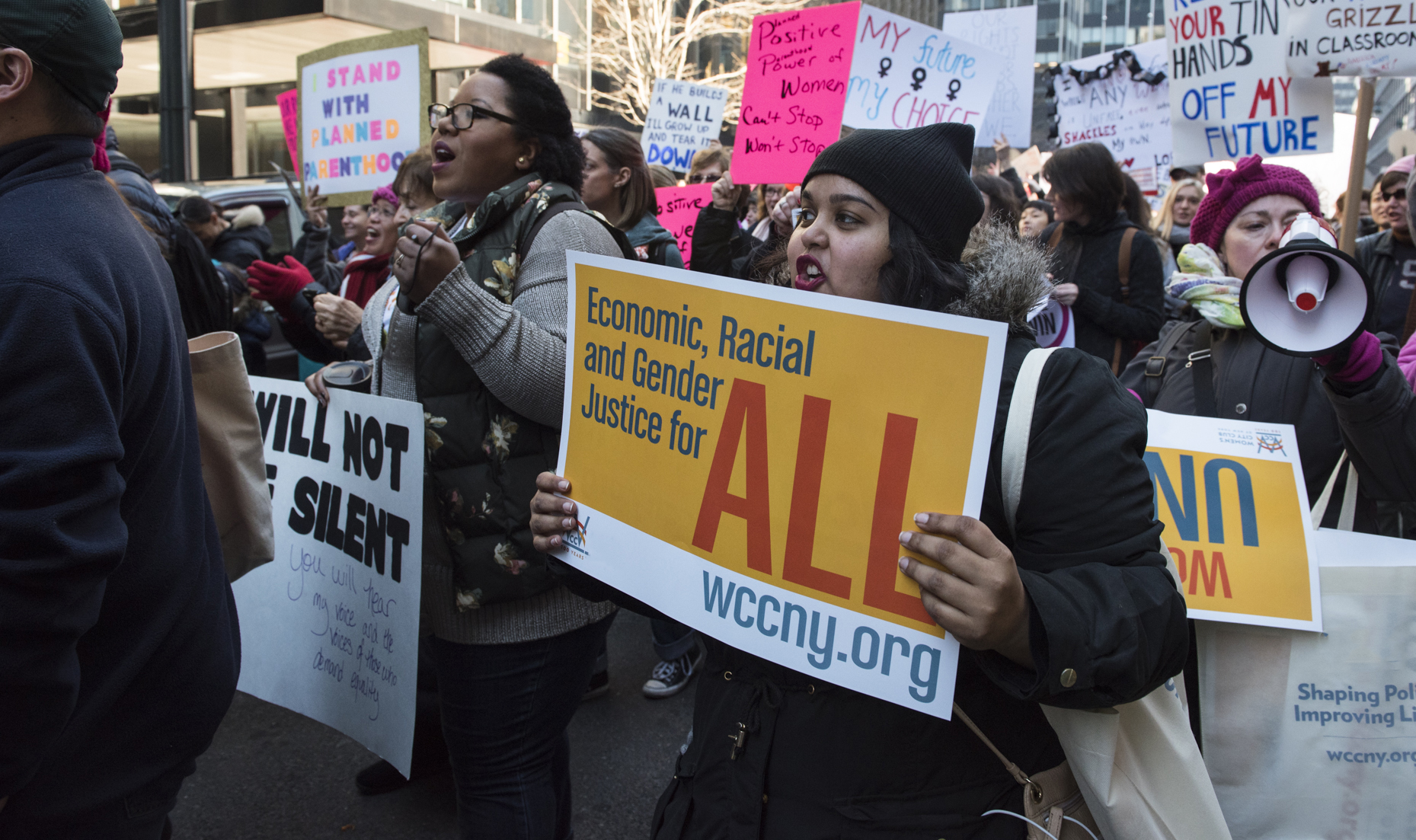Self-Reflection: Questions to Get Started
The following questions provide a starting point for your civic journey as well as a foundation and guiding questions for individuals to tell their stories. To get started, grab a pen and paper, and take a few minutes to brainstorm and write freely in response to the below three questions.

1. What do I care about?
Think about what stands out to you when hearing this question. Is there a problem that you want to fix?
Examples: I care about my kids having access to good education or I care about getting more street lights in my neighborhood.
2. Why do I care about it?
Once you have a sense of what you care about, think about why it is important to you.
Consider:
- Do you have personal experience with one of these issues?
- How does the issue affect your life or a family member’s life?
- How does it impact my neighborhood, community, or city?
3. Why should others care?
Creating change often takes a team of people – not just one person. Thinking about the big picture of how an issue affects other people and your entire community may help you get others interested and ready to become advocates as well.
Consider:
- What happens if this issue is not dealt with?
- How will it affect people and which people will be more affected?
- What will be the larger impact to our city or state, our country, or beyond?
The Importance of Putting Words Into Action
If you can name what you care about, why you care, and why other people should care – congratulations!
Now comes the hard part – imagining solutions to the issues you care about.
Consider: For the issue you care about, what change do you want to see?
Example: I care about feeling safe in my neighborhood, so I want to see more street lights and cameras installed in my local park and other dark, isolated places.
Civic engagement is about putting in the work to strive for a world you want to live in, even if that just means asking for (or demanding) it! Once you have reflected on these questions, you will be able to advocate for the change you want to see and convince others to join you in your quest.
Now, you can use your story to:
- Testify at a hearing
- Call an elected official
- Run for office
- Apply for jobs in public service
- Apply for funding for a project
- Build a group (or coalition) of other folks who care about the same issue
- Suggest projects and ideas that you think should receive funding (Participatory Budgeting)
- Create a project
Taking the Next Step: Get Involved and Create Change
Check out WCC’s Civic Basics Starter Pack!
Volunteer about an issue you care about with We Are New York Values:
We Are New York Values provides opportunities to get involved and volunteer based on causes or issues you care about. Examples include access to healthcare, digital justice, education, gun violence, hunger and food justice, job readiness etc.
Create a community project with Ioby.org:
Take your ideas and create a project to make change in your neighborhood. Ioby is a crowd-funding platform that helps anyone with an idea to build a project in order to achieve change in their community. You can also browse other projects for ideas and to make a donation or volunteer.
Make your engagement plan with WCC’s Civic Journey Map (interactive):
You can fill out and brainstorm ideas in this document and start mapping out skills you would like to learn and actions that would support the issues you care about.

 Make the Switch to our new mailing list!
Make the Switch to our new mailing list!